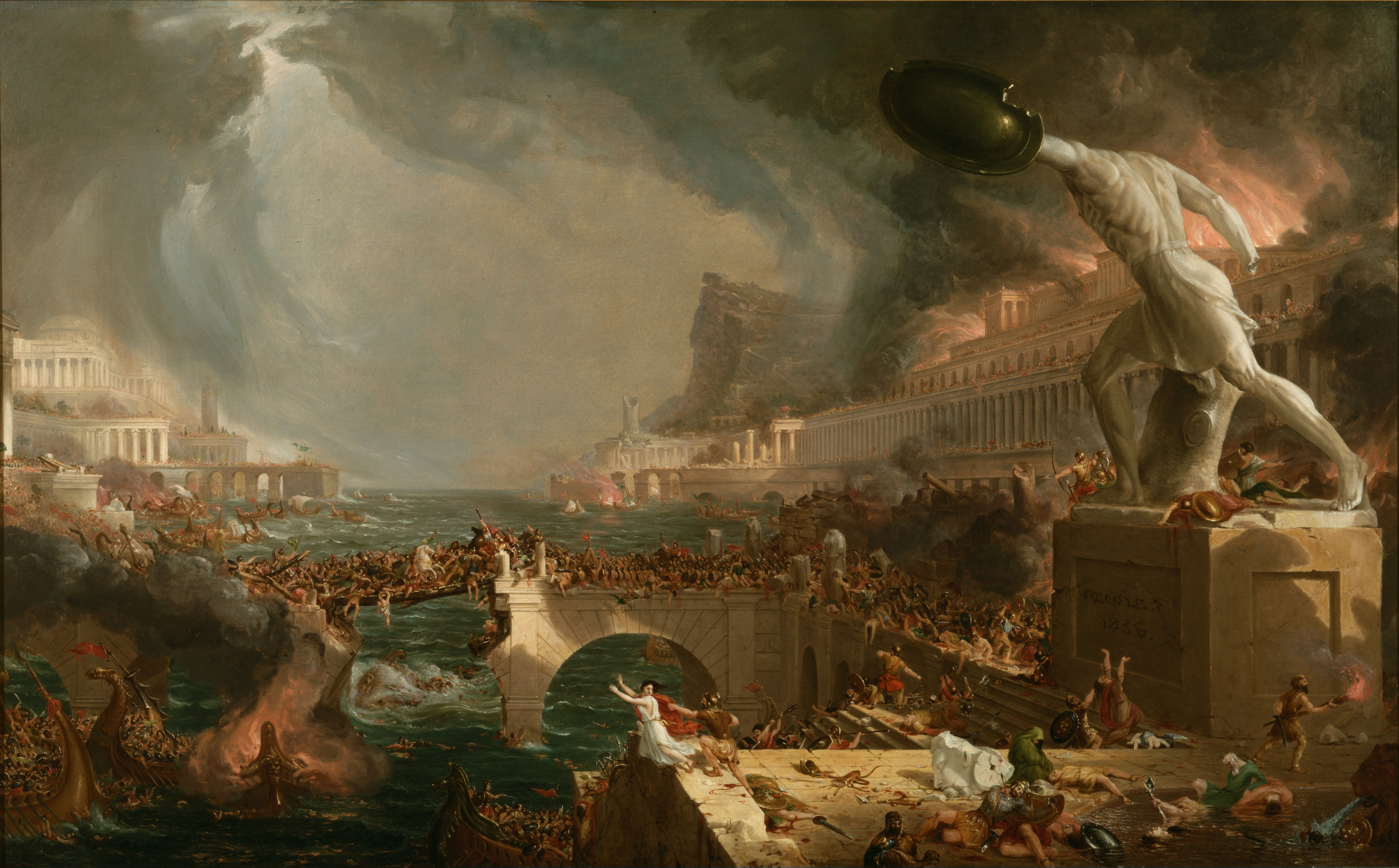2021 June 16 09:49 am

Much of the central floodplain of the ancient Euphrates now lies beyond the frontiers of cultivation, a region of empty desolation. Tangled dunes, long disused canal levees, and the rubble-strewn mounds of former settlement contribute only low, featureless relief. Vegetation is sparse, and in many areas it is almost wholly absent. Rough, wind-eroded land surfaces and periodically flooded depressions form an irregular patchwork in all directions, discouraging any but the most committed traveler. To suggest the immediate impact of human life there is only a rare tent... Yet at one time here lay the core, the heartland, the oldest urban, literate civilization in the world.
cities buried by drifting sands or tangled jungle, ruin and desolation where once there were people and abundance, is it to be wondered that man yielded to the dominion of the elemental forces of Nature and the sense of his own impotence? Such feelings as these are not, in fact, peculiar to those dark ages. They are found at all periods, but at some times they are more acute than at others, and the sense of loss seems more overwhelming.
The factors that lead to collapse are essentially the converse of those that lead to the evolution and growth of complexity. In the modern world, these are population pressure and depletion of exploitable resources. In the ancient world, they were military and political defeat, and the resulting loss of access to imported resources. Environmental degradation, including deforestation, soil erosion, and salinization, also contributed.